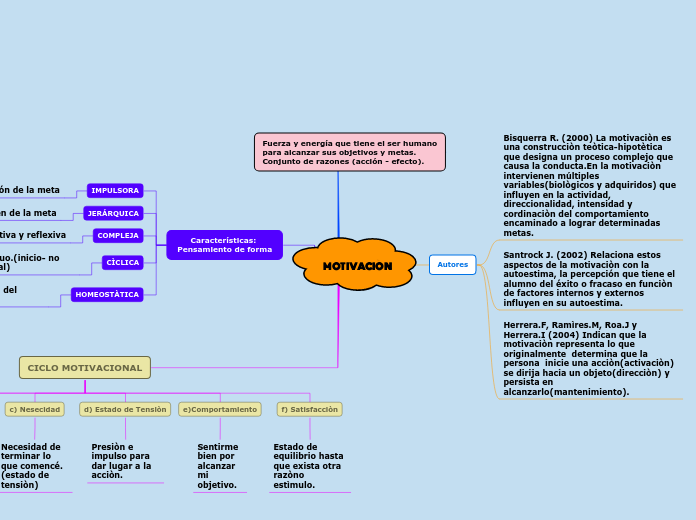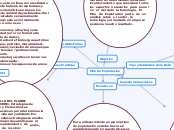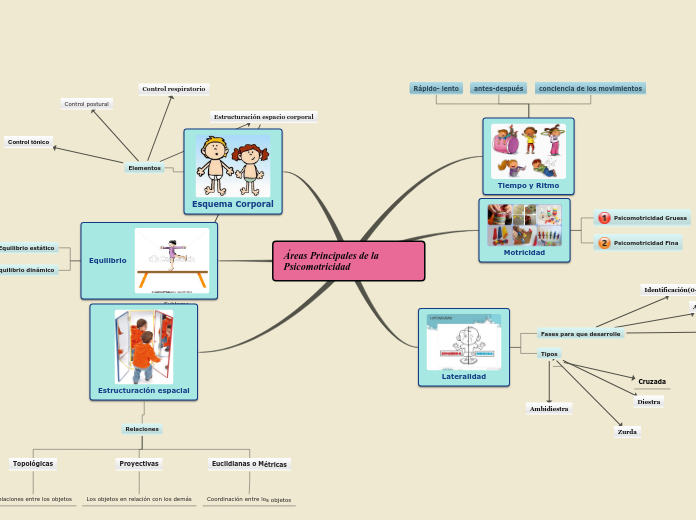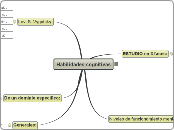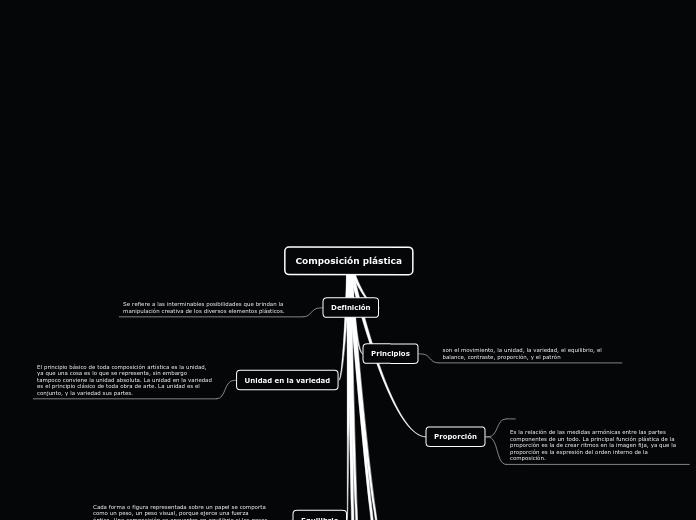Topic flotante
MOTIVACIÒN
In linguistics, syntax is the set of rules, principles, and processes that govern the structure of sentences in a given language, usually including word order.
CICLO MOTIVACIONAL
f) Satisfacciòn
An adverbial is an individual word (that is, an adverb), a phrase, or a clause that can modify a verb, an adjective, or a complete sentence.
Estado de equilibrio hasta que exista otra razòno estìmulo.
e)Comportamiento
The attribute is defined as a quality or characteristic of a person, place or thing.
Sentirme bien por alcanzar mi objetivo.
d) Estado de Tensiòn
The predicative is defined as an adjective or noun forming or contained in the predicate.
Its main trait is that it serves to express a property that is assigned to a 'subject'.
For e.g.: The dog is old.
Presiòn e impulso para dar lugar a la acciòn.
c) Nesecidad
Traditional grammar defines the object in a sentence as the entity that is acted upon by the subject.
Necesidad de terminar lo que comencé. (estado de tensiòn)
The direct object is the receiver of the action mentioned in the sentence.
b) Estìmulo
The predicate of a sentence is the part that modifies the subject in some way. Because the subject is the person, place, or thing that a sentence is about, the predicate must contain a verb explaining what the subject does and can also include a modifier.
Conjunto de razones para alcanzar los objetivos.
a) Homeostasìs
The subject of a sentence is the person, place, thing, or idea that is doing or being something. You can find the subject of a sentence if you can find the verb.
Ask the question, 'Who or what 'verbs' or 'verbed'?' and the answer to that question is the subject.
Equilibrio interno y externo.
Características: Pensamiento de forma
A complex sentence is a sentence that contains an independent clause and one or more dependent clauses.
An independent clause can stand alone as a sentence, but a dependent clause even though it has a subject and a verb cannot stand alone.
HOMEOSTÀTICA
An adverbial clause is a group of two or more words that function as an adverb in a sentence.
Equilibrio. Satisfacciòn del interior-exterior
CÌCLICA
An appositive clause follows another noun or noun phrase in apposition to it; that is, it provides information that further identifies or defines it.
Proceso continuo.(inicio- no sabemos el final)
COMPLEJA
The subject clause is a dependent clause that acts as a subject.
Autocosntructiva y reflexiva
JERÁRQUICA
A predicative clause may be introduced by conjunctions - that, whether, whether... or, as, as if, as though, because, lest, the way - or connectives.
The latter may be conjunctive pronouns - who, whoever, what, whatever, which - or conjunctive adverbs - where, wherever, when, whenever, how, why.
Importancia y orden de la meta
IMPULSORA
The object clause is a phrase on which a verb performs an action. It falls at the end of a sentence, and is governed by a verb or a preposition.
Dirección de la meta
Fuerza y energía que tiene el ser humano para alcanzar sus objetivos y metas. Conjunto de razones (acción - efecto).
Autores
Herrera.F, Ramìres.M, Roa.J y Herrera.I (2004) Indican que la motivaciòn representa lo que originalmente determina que la persona inicie una acciòn(activaciòn) se dirija hacia un objeto(direcciòn) y persista en alcanzarlo(mantenimiento).
Santrock J. (2002) Relaciona estos aspectos de la motivaciòn con la autoestima, la percepción que tiene el alumno del éxito o fracaso en funciòn de factores internos y externos influyen en su autoestima.
Bisquerra R. (2000) La motivaciòn es una construcciòn teòtica-hipotètica que designa un proceso complejo que causa la conducta.En la motivaciòn intervienen múltiples variables(biològicos y adquiridos) que influyen en la actividad, direccionalidad, intensidad y cordinaciòn del comportamiento encaminado a lograr determinadas metas.
